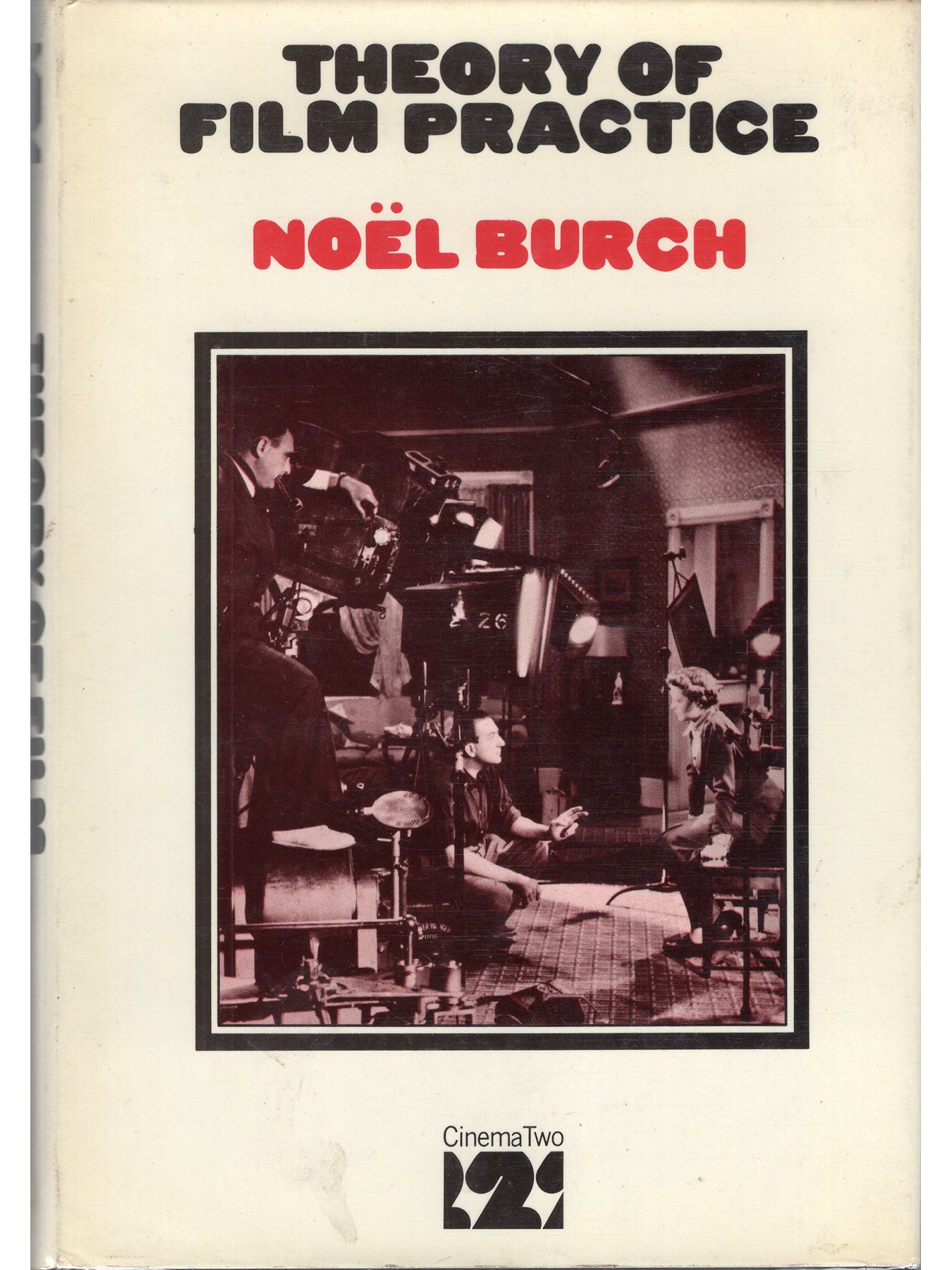 Image 1 of
Image 1 of


Godard: A Portrait of the Artist at Seventy (Hardcover First Edition)
Published by Farrar, Strauss and Giroux, 2003
Hardcover
First printing
432 pages
9.5x6.5 inches
First edition. Book and dust jacket in Near Fine condition. Comes in removable protective Brodart mylar cover.
“Filled with a wealth of illuminating, even surprising, material.”—J. Hoberman, Film Comment
Drawing on his own working experience with Godard and his coterie, Colin MacCabe, in this first biography of the director, has written a thrilling account of the French cinema's transformation in the hands of Truffaut, Rohmer, Rivette, and Chabrol—critics who toppled the old aesthetics by becoming, legendarily, directors themselves—and Godard's determination to make cinema the greatest of the arts.
Published by Farrar, Strauss and Giroux, 2003
Hardcover
First printing
432 pages
9.5x6.5 inches
First edition. Book and dust jacket in Near Fine condition. Comes in removable protective Brodart mylar cover.
“Filled with a wealth of illuminating, even surprising, material.”—J. Hoberman, Film Comment
Drawing on his own working experience with Godard and his coterie, Colin MacCabe, in this first biography of the director, has written a thrilling account of the French cinema's transformation in the hands of Truffaut, Rohmer, Rivette, and Chabrol—critics who toppled the old aesthetics by becoming, legendarily, directors themselves—and Godard's determination to make cinema the greatest of the arts.
Published by Farrar, Strauss and Giroux, 2003
Hardcover
First printing
432 pages
9.5x6.5 inches
First edition. Book and dust jacket in Near Fine condition. Comes in removable protective Brodart mylar cover.
“Filled with a wealth of illuminating, even surprising, material.”—J. Hoberman, Film Comment
Drawing on his own working experience with Godard and his coterie, Colin MacCabe, in this first biography of the director, has written a thrilling account of the French cinema's transformation in the hands of Truffaut, Rohmer, Rivette, and Chabrol—critics who toppled the old aesthetics by becoming, legendarily, directors themselves—and Godard's determination to make cinema the greatest of the arts.








